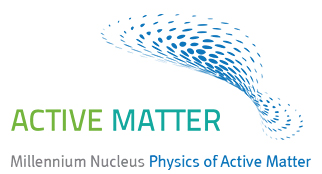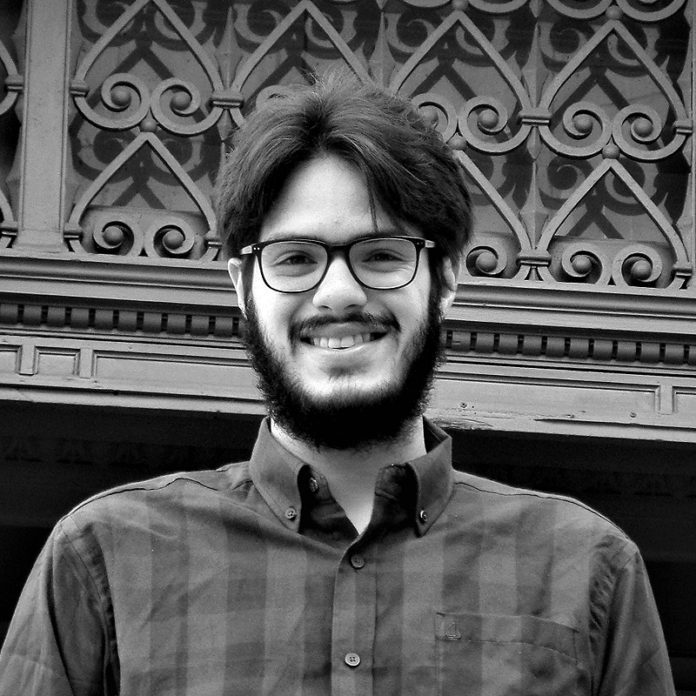The UN interviewed a Millennium Nucleus researcher in its series Covid-19
United Nations Academic Impact (UNAI) spoke to ten people among students, professors, and researchers from all over the world to find out how COVID-19 has affected their lives, and how they are dealing with all the changes this pandemic has brought into the higher education. One of them is Pablo De Castro, a postdoctoral researcher from the Millennium Nucleus Physics of Active Matter of The University of Chile.

Listen to the full interview with Pablo de Castro here:
https://soundcloud.com/unacademicimpact/covid-19-and-higher-education-interview-with-pablo-de-castro
UNESCO estimates that over 1.5 billion students in 165 countries are out of school due to the COVID-19 pandemic. The pandemic has forced the global academic community to explore news ways of teaching and learning, including distance and online education. This has proved challenging for both students and educators, who have to deal with the emotional, physical and economic difficulties posed by the illness while doing their part to help curb the spread of the virus. The future is uncertain for everyone, particularly for millions of students scheduled to graduate this year who will face a world crippled economically by the pandemic.
In the interview, I talk about how people’s routine has been affected, depending on if the scientists’ work is experimental or theoretical, what I think about the needed changes in the interaction between governments and science, and how conferences are evolving into virtual solutions that could be relevant even after the pandemic is over.
In the COVID-19 and higher education series, UNAI talks to students, educators and researchers in different parts of the world to find out how COVID-19 has affected them and how they are coping with the changes. The series also aims to highlight the lessons learned and potential positive outcomes of the global lockdown for higher education.
In this interview we are talking to Dr. Pablo de Castro, a postdoctoral researcher working on the Millennium Nucleus Physics of Active Matter project at the Department of Physics, University of Chile. Pablo was born in Brazil, received his doctorate from King’s College London, and moved to Chile in 2019 to continue his academic pursuits and explore the physical laws behind the motion of bacteria and other microswimmers.
During the COVID-19 quarantine, Pablo invested in a more comfortable chair and a new desk. He was able to continue his theoretical research and arranged frequent virtual meetings to discuss his progress and findings with colleagues. As a researcher Pablo sees himself in a privileged situation, pointing out that experimental researchers have been struggling to proceed with their daily activities without the equipment and facilities they need.
For Pablo, the bright side of the pandemic is that it has shown academic institutions the viability of bridging interdisciplinary collaborations around the world, with technology playing a crucial role in connecting people. He also believes that COVID-19 has proven to governments the importance of supporting science studies as a priority in their agenda.
However, financing is not the only problem for researchers; Pablo also noted the mental health challenges. Working as a researcher usually involves solitude, pressure and producing results. Some of the mental health issues can be worsened by quarantine, and the overwhelming amount of news every day makes it difficult for many researchers to concentrate.


